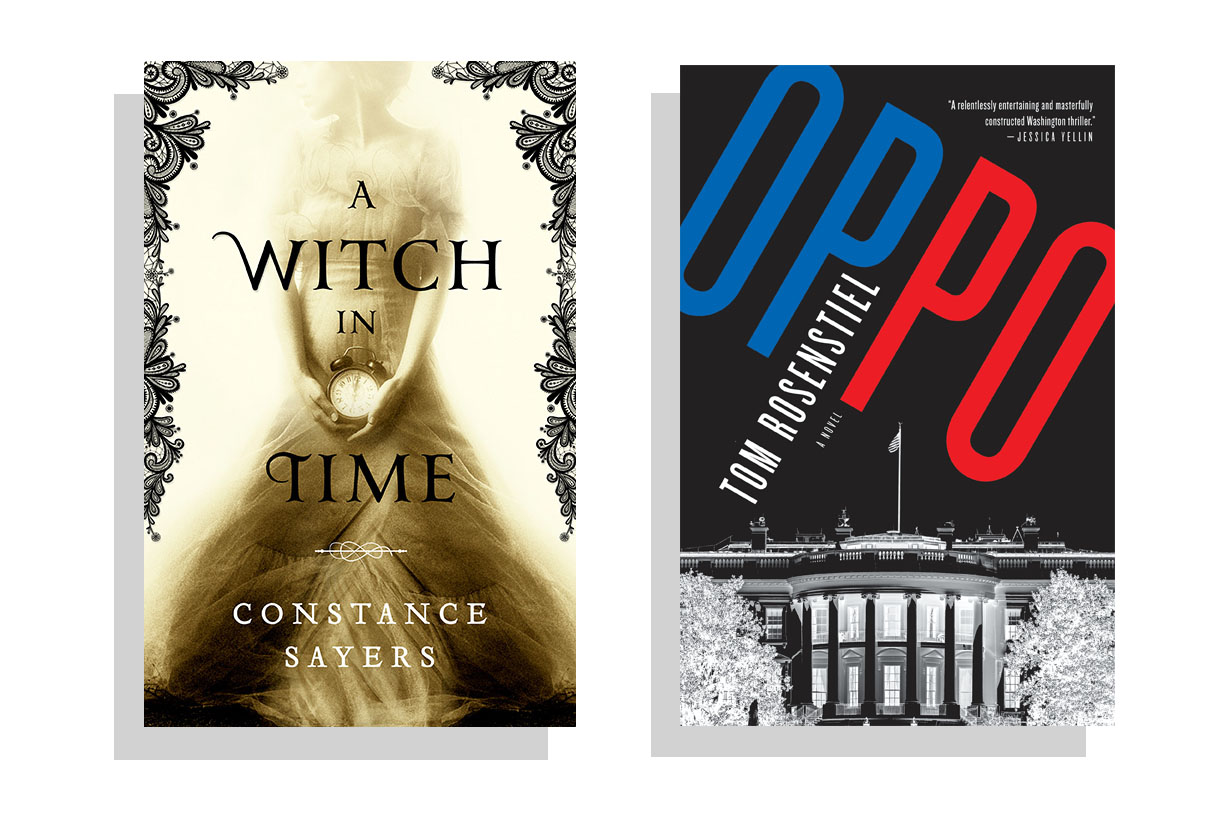Curtis Sittenfeld’s debut novel brilliantly chronicles the high-school years of Lee Fiora, a Midwestern scholarship student at Ault, a tony Massachussets boarding school—and a painfully self-conscious worrier: “At soccer practice, I worried that I would miss the ball . . . in class I worried that I would say a wrong or foolish thing. I worried that I took too much food at meals, or that I did not disdain the food you were supposed to disdain . . . . I always worried someone would notice me, and then when no one did, I felt lonely.”
Among Ault’s students, whose names—like Aspeth, Parker, and Gates—smack of old money, Lee isn’t especially beautiful, athletic, or academic. Nor is she rich, which at Ault “counted for the most—for more, even, than being pretty.” She’s just Lee—a plain, lower-middle-class girl who declines invitations because she fears she’s not really wanted. Later, she reflects: “Now I wonder where I had gotten the idea that for you to participate in a gathering, the other people had to really, really want you to be there and that anything short of rabid enthusiasm on their part meant you’d be a nuisance. Where had I gotten the idea that being a nuisance was that big a deal?”
At Ault, everything is a big deal, despite the “desperate aversion to seeming like you wanted anything, or worse, going after it.” In part, this pressure stems from the intensity of living in such close proximity. Assembled together in classes, dorms, seated dinners, and the school paper’s gossip column, Ault students seem to know everything about one another. Such intimacy puts a bizarre spin on all relationships, not least on crushes: “No crush is worse than a boarding school crush; college is bigger and more diluted, and in the office, at least you get a break from each other at night.”
Lee’s crush on handsome, wealthy Cross Sugarman unspools starting in her freshman year and ends up in a tangle by senior spring. It’s painfully clear she’ll never be Cross’s girlfriend, but when he repeatedly sneaks into her room at night, she hopes people will find out. There’s little substance to their relationship, but there is the possibility, in Lee’s mind, that their interaction might bequeath her some of Cross’s status.
Such calculation is what makes Lee’s character so complex—and Prep so riveting. While she’s vulnerable and sensitive, she’s also quite critical. A chunky classmate is annoying primarily because “it seemed like she should be insecure but wasn’t.” Her roommate, Lee deduces, would never have a chance with Cross because though she was rich, she was also Jewish, and “with a big nose and the last name Schwartz, she wasn’t the kind of Jewish you could hide.”
Sittenfeld—a teacher at DC’s St. Albans School and a graduate of Groton School in Massachusetts—is superb at recreating the emotions of adolescence. Lee’s flaws, although frustrating, give Prep its momentum—and allow Sittenfeld to explore the murky issues of class and assimilation. Lee’s actions, while often cringe-worthy, are tempered by the book’s narration. Recounted by an older, more secure Lee, Prep is filled with refreshingly candid observations that will likely lend perspective to anyone’s high-school experience, whether privileged or not.
A breathtakingly insightful and confident writer, Sittenfeld is a sharp new arrival on the literary campus.
Author:
Curtis Sittenfeld
Publisher:
Random House
Price:
$$21.95

















